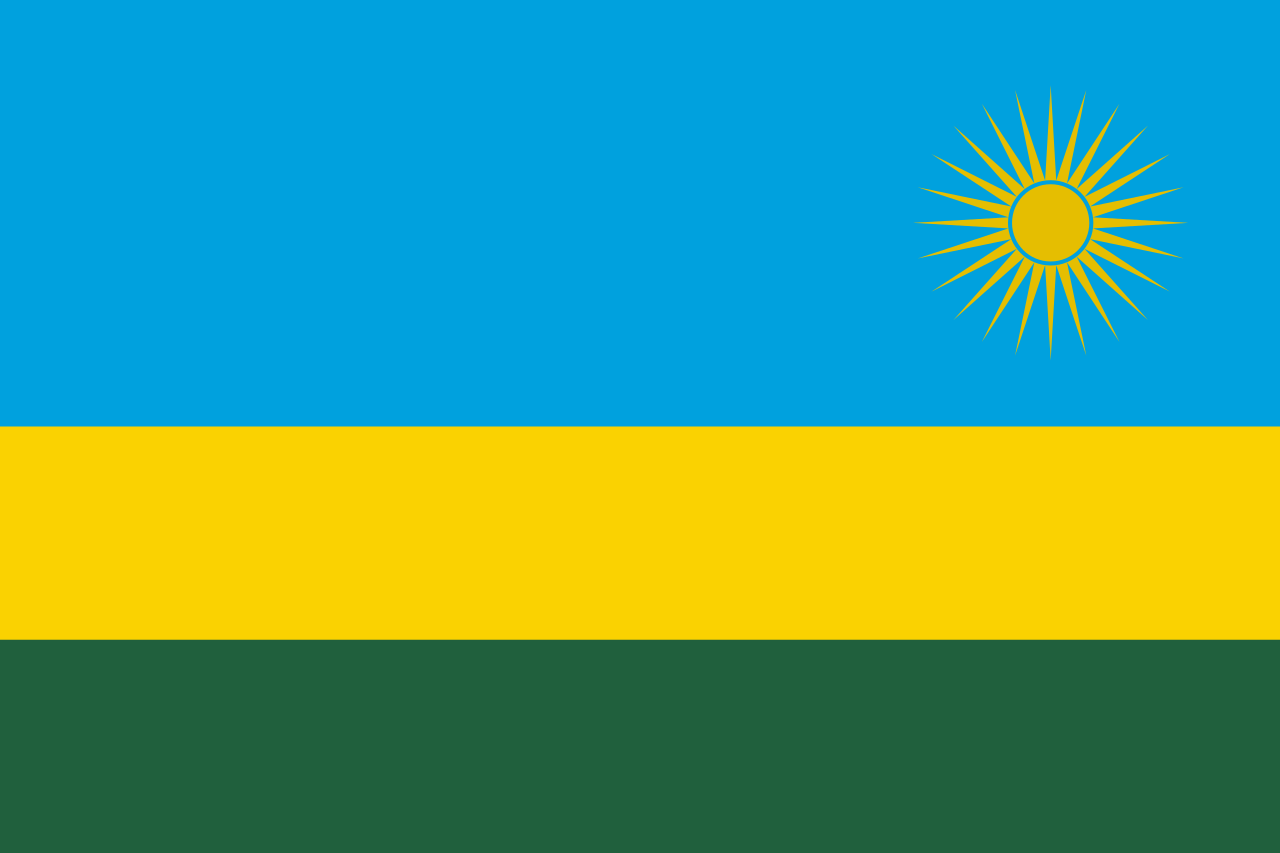French President Emmanuel Macron said on Tuesday he would make his first visit to Rwanda at the end of this month.
This trip is the latest sign of a renewal of diplomatic ties between Rwanda and France, and could be a possible breakthrough in relations overshadowed by France's role during the 1994 Tutsi genocide.
"I can confirm that I will be travelling to Rwanda at the end of May, and that the focus will be on politics and remembrance, as well as economics, health and the future," Emmanuel Macron said during a press conference during the Paris summit on the financing of African economies.
"We are also keen with President Kagame to write a new page in the relationship, and to carry out highly structuring projects, in line with what we have just mentioned," the French President added.
This declaration comes just one day after Rwandan President Paul Kagame met with several former French army officers who served in Rwanda between 1990 and 1994.
A move seen to add to the growing criticism over France's role, who was found by a recent report to bear "heavy and overwhelming responsibilities" in the tragedy. - Tancrede Chambraud, AFP/Africanews








